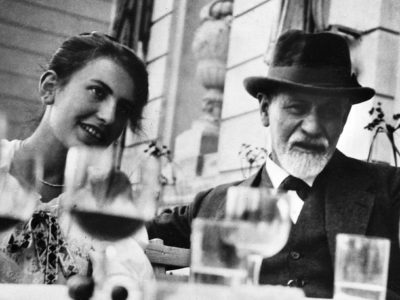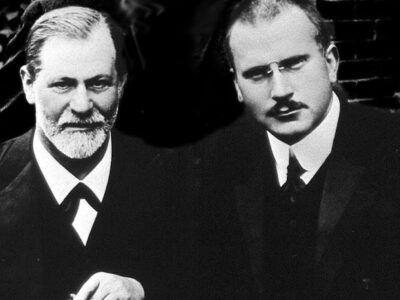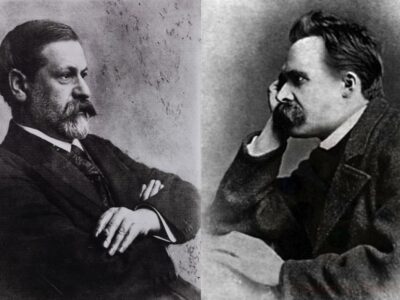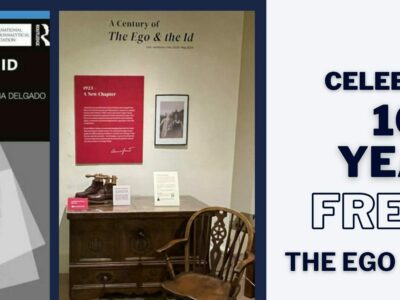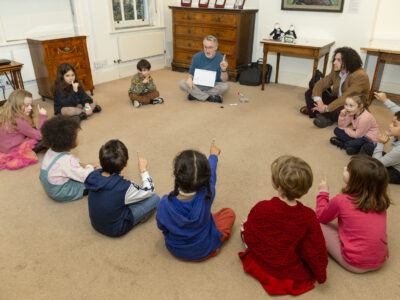
- This event has passed.
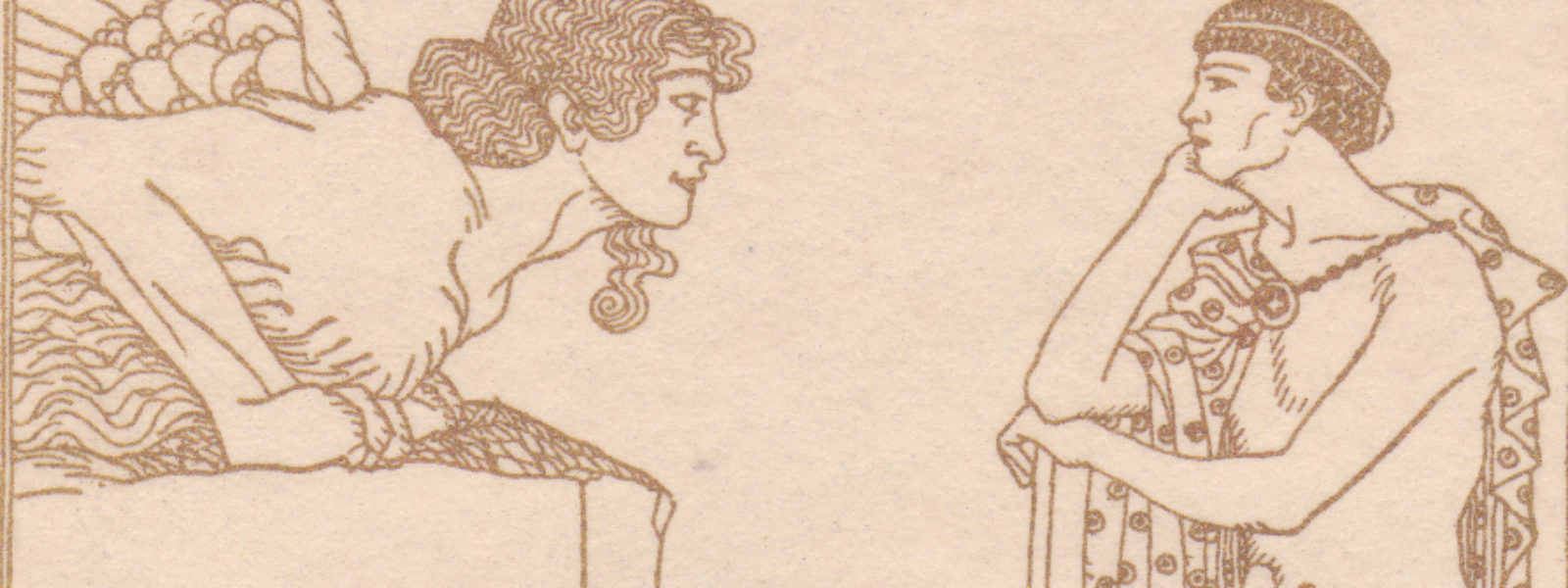
Please note: This event has already taken place. Tickets are for recording access only. All registrants will receive their unique recording access at the bottom of their confirmation email, plus the course reading material. The event will be available to watch for 1 month.
Originally broadcast: 28-29th Oct, 2021.
Total length of recording: approx. 3 hours per recording (6 hours in total)
Sexuality is at the centre of Freudian psychology: when Jung suggested that that his work would meet with far less resistance from the medical profession and the public at large if he softened down the concept of libido so that it referred to a ‘life instinct’, rather than evoking thoughts of actual sex, Freud adamantly refused to do so, insisting that the truth about human beings could not be given up for the sake of mere social acceptance! We will explore the ideas Freud saw as his most important contribution to human knowledge, reviewing his theory of the central role of sexuality in emotional development, and asking the crucial question: Why Sex? That is, what were the factors – theoretical, cultural and personal – that lead Freud to make sexuality the cornerstone of his theory, and the chief focus of his work?
Session 1: In the last third of the nineteenth century, in the wake of the Darwinian revolution in biology, doctors embarked on the first scientific studies of human sexuality. Figures such as Richard von Krafft-Ebing, Havelock Ellis and Magnus Hirschfeld – now known as the first sexologists – were the pioneers of this new field, and Freud’s work on sexuality built on theirs and was a response to it. The sexologists attempted to describe the whole range of human sexual behaviour, but owing to their Victorian assumptions about the nature of sexual attraction, they were unable to formulate a satisfactory theory to account for the many variations that exist in practice. In his ‘Three Essays on the Theory of Sexuality’ (1905), Freud went completely beyond the sexologists, setting out a radically new way of understanding of the nature of sexual desire and attraction. In this session, we will examine Freud’s new thinking about the nature of desire, and discover how this enabled him to put forward a theory of the whole range of ‘normal’ and ‘abnormal’ sexuality, in the first of the ‘Three Essays’.
Session 2: Freud’s approach to understanding human sexuality is premised on the notion of ‘Infantile Sexuality’ – and in this session we will examine and clarify what he meant by this notion, and by the distinction he makes between the erotic, or sexual, and the genital. We will study the stages of infantile psychosexual development set out in the second of the ‘Three Essays’, and the way Freud believed these are reflected in our character as adults. We will explore the way he sees infantile sexuality as culminating in the ‘Oedipal stage’, when the child is between four and six years old, and his view that the vicissitudes of this crucial stage of development lie at the core of neurosis in adults. Freud considered it perhaps his greatest achievement to have discovered the repressed Oedipus complex in adult human beings, and saw this discovery as a confirmation of the Romantic insight into childhood as the foundation of adult personality. Since the experiences of childhood almost inevitably leave some degree of trauma behind, the result is that all adults suffer from some degree of neurosis, he concluded.
Session 3: In this session we will examine Freud’s views on love and sexuality in adulthood, as developed in the third of the ‘Three Essays’ and in his later papers. We will examine his view of the difference between the sexes, and the furious debate this provoked within psychoanalysis, and outside it. We will also examine his views on homosexuality and heterosexuality, and set these in the context of Freud’s own time, and in the context of the present. In his early radical thinking, Freud separated sexuality from reproduction and separated sexuality from gender, and we will consider the criticism that in his later work he brings both pairs back together, albeit on a new foundation (namely, that of a theory of ‘normal’ development). Finally, we will explore Freud’s view of the role of love and sexuality in our adult lives and their relationship to psychotherapy.
Session 4: In the final session we will examine current intellectual debates on human sexuality, and their implications for Freud’s ideas. Starting with the powerful and widely influential critique of Freud’s view of sexuality put forward by Michel Foucault, we will then move on to consider Lacan’s re-interpretation of Freud, and the new thinking on sexuality and gender of Judith Butler. We will conclude by considering the current standing of Freud’s theory of sexuality in the light of these recent critiques and revisions.
(This is the third of five six-hour courses offering a complete introduction to Freud. The courses will be accessible to beginners – but are also designed for those already familiar with Freud’s work who wish to acquaint themselves with the results of the latest research and scholarship, and up-date themselves on the recent debates addressing the intellectual issues and controversies surrounding it.)
